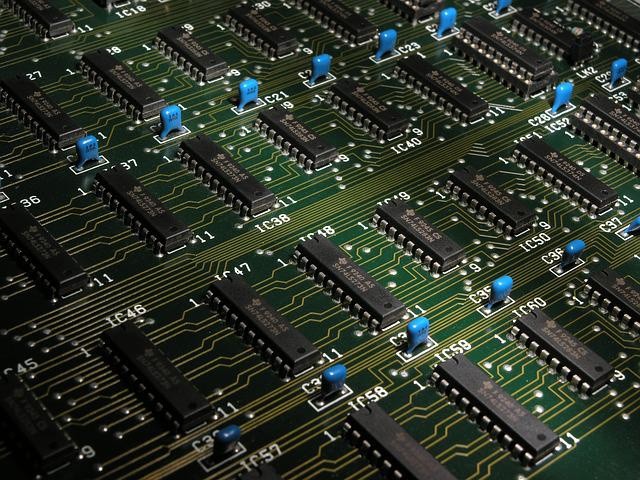
According to sources, US sanctions were bypassed by the Chinese chip maker Semiconductor Manufacturing International Corp (SMIC). The company had made chips comparable to Taiwan's TSMC and South Korea's Samsung tech firm.
China Manufactures Advanced Chips
The story, verified by Bloomberg on Thursday, said SMIC, China's biggest chipmaker, had quietly developed semiconductors to the highest Western standards, disregarding US restrictions aimed explicitly at inhibiting the development of such technology.
Based on Tech Insights, an industry site, the Shanghai-based firm began fabricating Bitcoin-mining semiconductors using 7-nanometer (nm) technology last July, reported RT.
Bloomberg validated the claim, citing an unnamed source who could not comment on the news. The nanometer figure on a chip relates to the transistors' size. The lower this number, the more transistors that can fit on a single chip, and the faster and more effective it is, noted the Press United.
It previously manufactured chips at 14nm, and the US has particularly sought to limit advancement beyond this level.
The Trump administration prohibited the sale of technology used to manufacture 10nm and higher semiconductors to SMIC in 2020, but now that US firms are barred from assisting the Chinese company, the Biden administration is pressuring Dutch equipment supplier ASML to stop supplying the firm.
It is still unknown whether the Dutch government will tighten this prohibition in response to Biden's request. ASML is already prohibited from selling its most sophisticated chipmaking tools to SMIC, citing Trending Town.
US Sanctions Restricts China
While US-based Intel is anticipated to debut its 7nm chip next year, Taiwan's TSMC and South Korea's Samsung have employed these cutting-edge techniques to fabricate 7nm semiconductors.
Although the analysts mentioned above have speculated that SMIC might have modified its 14nm techniques, it is unclear precisely how the company overcame US export constraints to achieve 7nm.
Additionally, it constitutes a substantial breakthrough for China, that have traditionally lagged behind the US in the advancement of chips.
SMIC's achievement raises a new geopolitical dilemma for Washington since the institution of foreign policy is also striving to impede Russia's access to Western innovation.
US Department of Commerce threatened SMIC in March with revoking production tools if the industry continues to supply chips to Russia and Belarus. The government partially controls it and has stated that it will not join the West's sanctions campaign against Moscow and will retain normal trading, economic, and financial ties with Russia.
While China has maintained its position, SMIC has said it's never had any Russian customers and has continuously operated under US sanctions.
Sanctions Affects Global Chip Production
Russian government prohibitions on the export of gases used in semiconductor production may aggravate the global chip shortage and drive-up costs even more. Russia announced noble gas limits last week in retaliation to EU sanctions threatening technology supplies to the country.
According to Xiang Ligang, director-general of the Beijing-based Information Consumption Alliance, the constraints may influence China's indigenous chip industry. The imposition of US sanctions has not stopped Chinese chipmaker SMIC; from even making better chips that Washington does not want.
Related Article: Computer Repairman Who Discovered Hunter Biden's 'Laptop from Hell,' Files Defamation Lawsuit Against Democrat Rep. Adam Schiff, Media Outlets
© 2026 HNGN, All rights reserved. Do not reproduce without permission.








